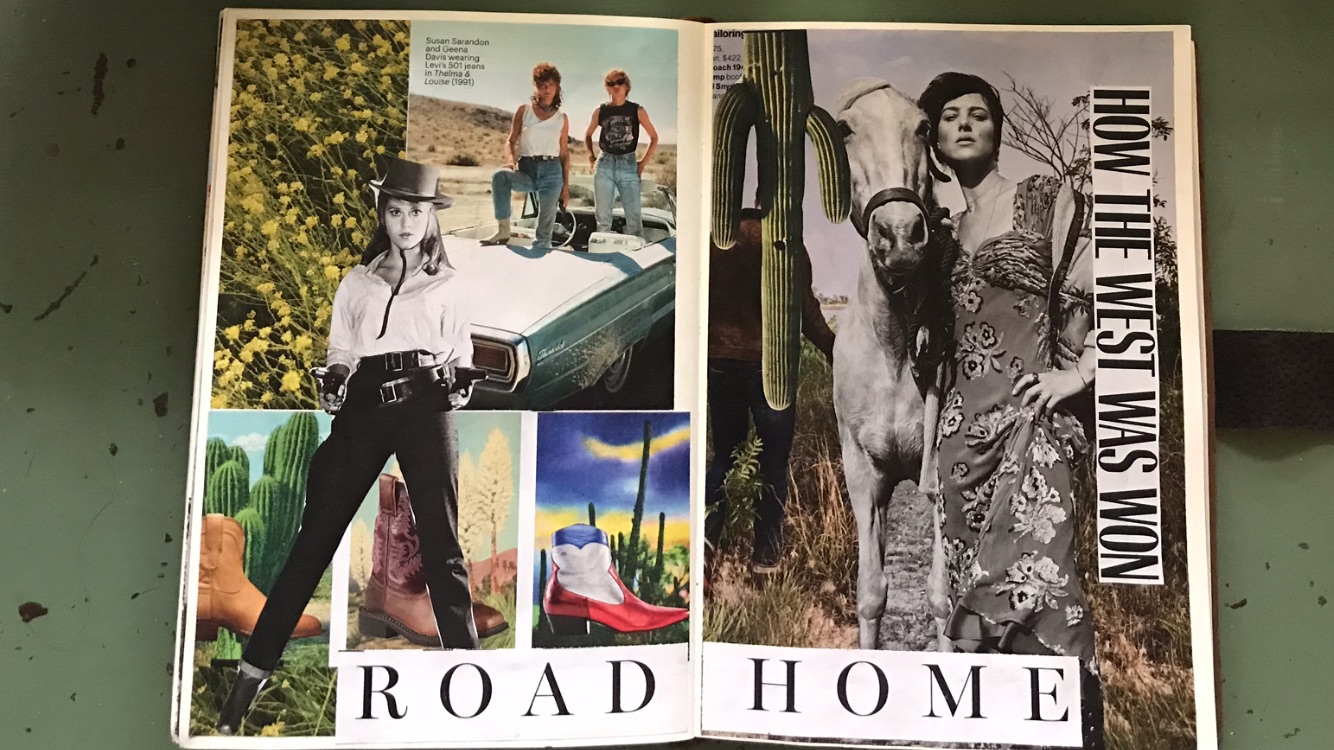While the recommended blog post this week was supposed to explore our beginnings in writing poetry, I believe that I covered that sufficiently in my last post. Instead I would like to deviate from the path a bit and talk about a novel whose imagery I try to model the imagery in my poetry after. The novel which I refer to is “The Road” by Cormac McCarthy. The novel’s author writes interactions between characters in a minimalistic style, choosing to forgo quotation marks and keeping the dialogue brief. Instead, McCarthy focuses more on the imagery of the novel. Emphasis is put on the environment in the novel and how the Hell wrought apocalyptic scenery United States is one of the main driving forces for the story.
For those that haven’t read “The Road,” here is a quick summary I put together: The Road takes place in the barren United States in the near future after an unknown apocalyptic event ravages the world. The reader follows an unnamed father and son as they make their way across the US. They are trying to reach the coast, where they believe they can find some semblance of safety.Their journey is filled with a bleak and dark landscape; woven together with grotesque scenes of other survivors that depict the descent of the rest of humanity into madness. Along the way the father questions his own humanity and whether or not he wants to raise his son in this new cruel and decrepit world.
The Road is a truly fascinating read and it draws readers into the pages. Mainly due to the imagery that it establishes. One of my favorite passages in this novel is:
“She was gone and the coldness of it was her final gift. She would do it with a flake of obsidian. He’d taught her himself. Sharper than steel. The edge an atom thick. And she was right. There was no argument. The hundred nights they’d sat up debating the pros and cons of self destruction with the earnestness of philosophers chained to a madhouse wall.”
It’s passages like these that make me excited to write. The way McCarthy is able to show the events of a suicide is crude,but is masterfully done in the “show, don’t tell” art. Language such as “The edge an atom thick” or “the coldness of it was her final gift” just jolts my metaphoric phrase library in my head awake. If anyone is looking for a good, but heart wrenching read, I implore you to give this novel a read.
Trigger warning: This novel does contain grotesque violence between human and human, Human and animal and Implications of slavery, suicide and rape.

